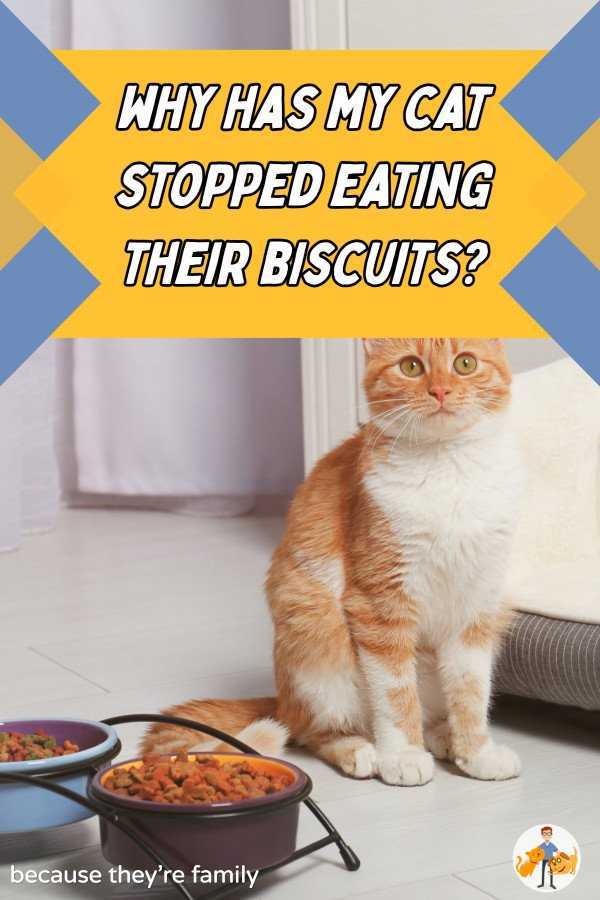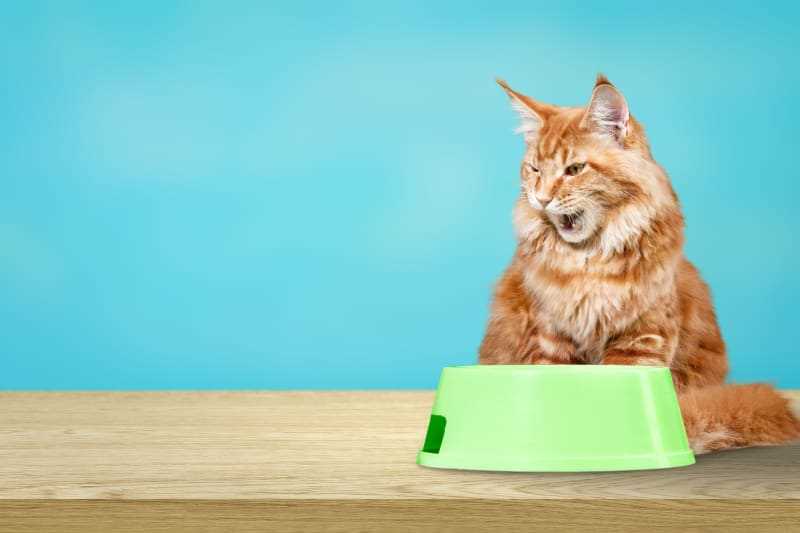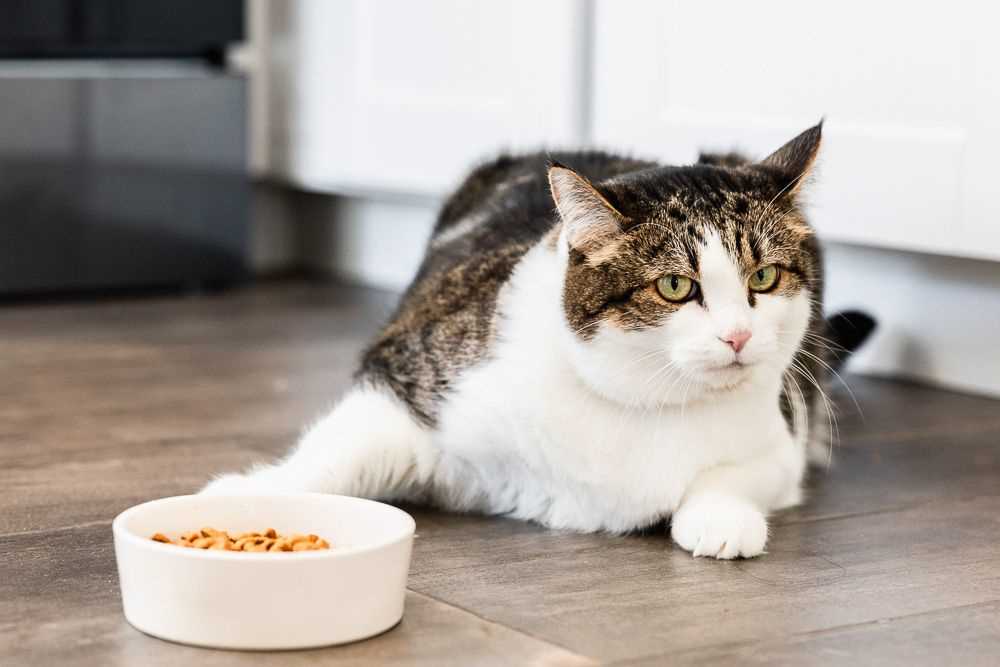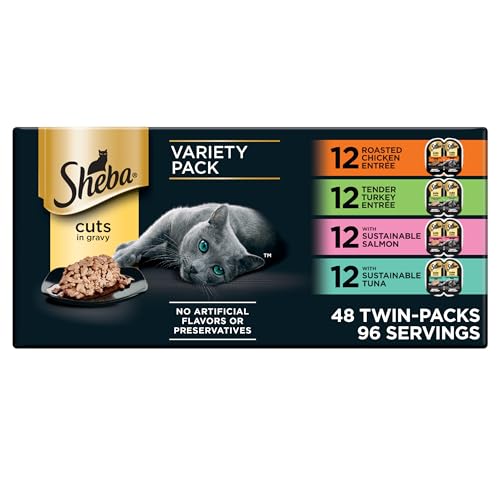



Consult a veterinarian if you notice that your furry friend is consuming significantly less than their usual amount. It can be a sign of underlying health issues that require professional attention.
Consider their environment and recent changes. Stressors such as new pets, changes in routine, or even loud noises can impact appetite. Ensuring a calm space may encourage better eating habits.
Evaluate the type of food being offered. Sometimes, a sudden shift in diet or unappealing flavors can lead to decreased consumption. Experimenting with different textures or brands could help reignite interest in meals.
Monitor for any accompanying symptoms, such as lethargy or vomiting. These signs can provide additional clues about your companion’s health and should be communicated to your vet for a thorough assessment.
Lastly, keep hydration levels in check. Dehydration can sometimes mimic a lack of appetite. Ensure fresh water is always available, and consider offering wet food to increase fluid intake.
Common medical issues affecting appetite
If you notice a sudden drop in intake, several health problems could be to blame. Dental issues, such as periodontal disease, can create pain and discomfort, making it hard to chew. Regular dental check-ups can help prevent these issues.
Gastrointestinal disorders, including inflammatory bowel disease, may lead to nausea or diarrhea, affecting the desire to consume food. If your friend seems lethargic or shows other signs of distress, a veterinary visit is essential.
Kidney disease is another common concern, particularly in older pets. Symptoms may include increased thirst, weight loss, and a decrease in food consumption. A vet can provide guidance on managing this condition.
Hyperthyroidism, prevalent in senior felines, can paradoxically increase appetite while causing weight loss. Monitoring their weight and behavior can help catch this early.
Lastly, consider the emotional aspect. Stress or anxiety can lead to a refusal to eat. Changes in environment or routine can trigger these feelings. Providing a calm, safe space is beneficial.
For picky eaters, trying raw cat food for indoor cats might entice them back to the bowl. Always consult with a vet before making significant dietary changes.
In summary, if your furry companion shows signs of distress or loss of appetite, a thorough check-up is advisable. Maintaining their health is key!
| Medical Issue | Symptoms | Action |
|---|---|---|
| Dental Problems | Pain while eating | Schedule a dental check-up |
| Gastrointestinal Disorders | Nausea, diarrhea | Visit the vet |
| Kidney Disease | Increased thirst, weight loss | Consult a veterinarian |
| Hyperthyroidism | Increased appetite, weight loss | Monitoring and veterinary care |
| Stress/Anxiety | Behavioral changes | Create a calm environment |
Behavioral Changes That May Reduce Food Intake
Feeling stressed or anxious can lead to a decrease in my meal consumption. Changes in routine, new environments, or the presence of unfamiliar guests might create unease. It’s essential to provide a stable, calm atmosphere to help me feel secure.
Environmental Factors

Sometimes, the location of my food bowl can influence my willingness to eat. If it’s too close to my litter box or in a noisy area, I may avoid it. Consider placing my bowl in a quiet, peaceful spot where I can enjoy my meal without distractions.
Social Dynamics
Interactions with other animals can impact my appetite. If there’s tension with another pet, I might feel threatened and refuse to eat. It’s important to monitor relationships among pets and ensure a harmonious environment. Also, changes in human attention, like spending less time with me, can affect my mood and eating habits.
The Impact of Diet Changes on Your Feline’s Eating Habits

Switching food brands or types can significantly influence my dietary preferences. New textures or flavors may take time to get accustomed to, leading to a temporary decrease in my desire for meals. It’s crucial to introduce any changes gradually. Mixing old and new foods can ease the transition and prevent me from feeling overwhelmed.
Ingredients Matter
The quality and variety of ingredients play a pivotal role in my appetite. If my meals contain fillers or artificial additives, I might lose interest. Opting for high-quality, natural ingredients can enhance my enthusiasm for food. Always check labels for meat content and avoid products with vague terms like “meat by-products.”
Feeding Schedule Adjustments
Altering my feeding schedule can also affect my hunger. If my meals are too frequent or irregular, I may not feel the need to eat. Establishing a consistent routine helps build anticipation and excitement around mealtime. Remember to keep portions appropriate, as overeating can lead to a disinterest in food over time.
Keeping my meals fresh is another key factor. Stale or expired food doesn’t appeal to me, so always ensure what’s served is fresh and stored properly. Regularly rotating flavors can keep my palate engaged and excited for what’s next.
Lastly, any dietary changes should be discussed with a veterinarian. They can provide tailored advice based on my unique health needs and preferences, ensuring I receive the best nutrition possible while maintaining an enthusiastic approach to my meals.
Environmental Factors Influencing Your Feline’s Appetite
To enhance the dining experience, it’s crucial to evaluate the surroundings. Here are specific elements to consider:
- Noise Levels: Excessive sounds from household appliances, traffic, or loud conversations can create stress. A quiet feeding area promotes relaxation.
- Temperature: Ensure the space is comfortable. Extreme heat or cold can deter consumption. A cozy spot can encourage mealtime.
- Lighting: Bright, harsh lighting might be intimidating. Soft, natural light or dimmed settings can create a more inviting atmosphere.
- Feeding Location: Choose a safe, low-traffic area for meals. High-traffic zones may induce anxiety and reduce interest in food.
- Presence of Other Animals: The presence of other pets can lead to competition for food or stress. Consider feeding separately to ensure a calm environment.
- Food Dish Type: Some prefer shallow bowls, while others like deeper ones. Experiment with different styles to see what works best.
- Odor: The scent of food is a strong motivator. Ensure that meals are fresh and appealing to stimulate appetite.
Adjusting these factors can significantly affect how much I consume. Observing changes in my surroundings can provide clues to appetite fluctuations. Always be attentive to these details for a better experience at mealtime!
When to Consult a Veterinarian About Your Feline’s Eating Habits
If food intake drops significantly for more than 24 hours, it’s time to reach out to a veterinarian. Prolonged refusal to consume meals can lead to serious health issues, including liver disease.
Observe for other symptoms like vomiting, diarrhea, or lethargy. If these accompany the lack of appetite, immediate veterinary advice is necessary. Any noticeable changes in behavior or weight may also warrant a check-up.
Signs Indicating a Need for Professional Help
Excessive drooling or difficulty swallowing may signal oral problems or other underlying conditions. If there’s a sudden change in favored foods, or if your furry friend shows disinterest in treats they once loved, a consultation is advisable.
Importance of Timely Action

Acting quickly can prevent complications. Regular monitoring of weight and eating patterns helps in identifying issues early. If your pet has pre-existing health conditions, keep in close contact with your veterinarian regarding dietary changes or concerns.








